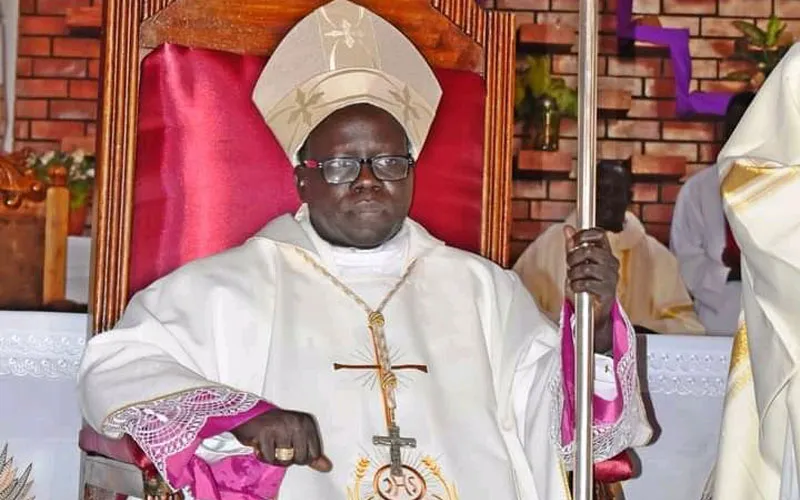When Pope Francis revised number 2267 of the Catechism of the Catholic Church in August 2018, he described death penalty as “an attack on the inviolability and dignity of the person” and that in all cases, it is “inadmissible.”
The Catholic Church “works with determination for its abolition worldwide,” the Holy Father said in reference to death penalty.
Today, he explained, “There is an increasing awareness that the dignity of the person is not lost even after the commission of very serious crimes. In addition, a new understanding has emerged of the significance of penal sanctions imposed by the state.”
“Lastly, more effective systems of detention have been developed, which ensure the due protection of citizens but, at the same time, do not definitively deprive the guilty of the possibility of redemption,” Pope Francis further explained in his revision of 2 August 2018, underscoring the need to abolish death penalty.
Two years later, in his Encyclical Letter, Fratelli Tutti, the Holy Father officially placed the abolition of the death penalty in the forefront of the teachings of the Catholic Church.
(Story continues below)
“There can be no stepping back from this position. Today we state clearly that ‘the death penality is inadmissible’ and the Church is firmly committed to calling for its abolition worldwide,” Pope Francis states in the Encyclical Letter.
In the 3 October 2020 document, he makes reference to the death penalty twelve times, and calls upon Catholics around the world to support both the abolition of capital punishment and improved prison conditions.
He links the death penalty to life imprisonment saying, “A life sentence is a secret death penalty.”
Although most nations have abolished capital punishment, over 60 percent of the world's population live in countries where the death penalty is retained, such as China, India, the United States, Indonesia, Pakistan, Bangladesh, Nigeria, Egypt, Saudi Arabia, Iran, as well as in Japan and Taiwan.
Several institutions and organizations around the world, including Amnesty International oppose the death penalty in all cases without exception regardless of the nature of the crime, the characteristics of the offender, or the method used by the state to carry out the execution.








